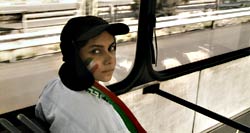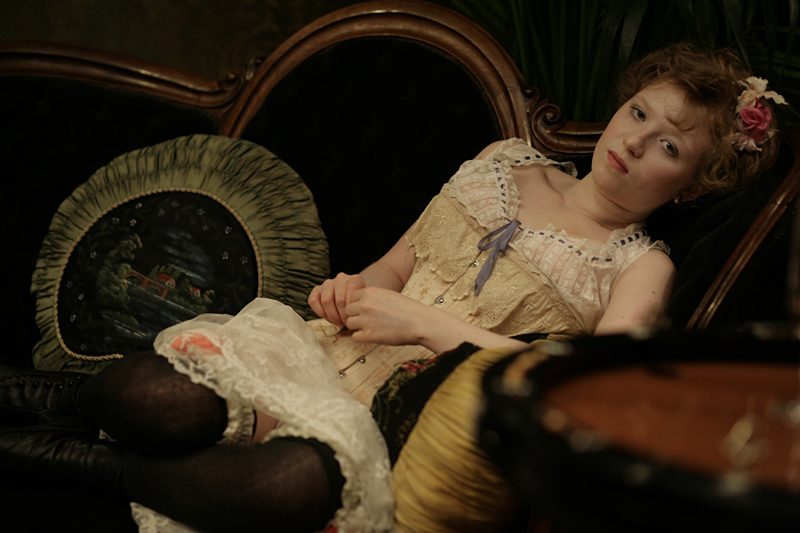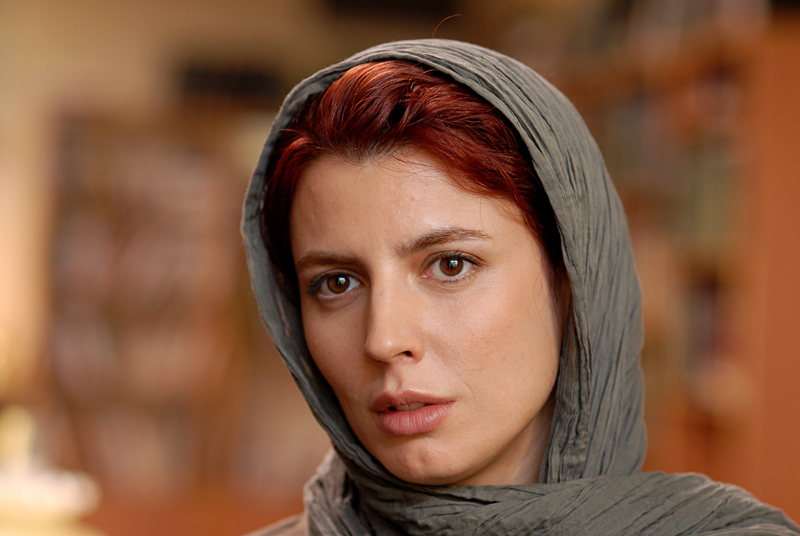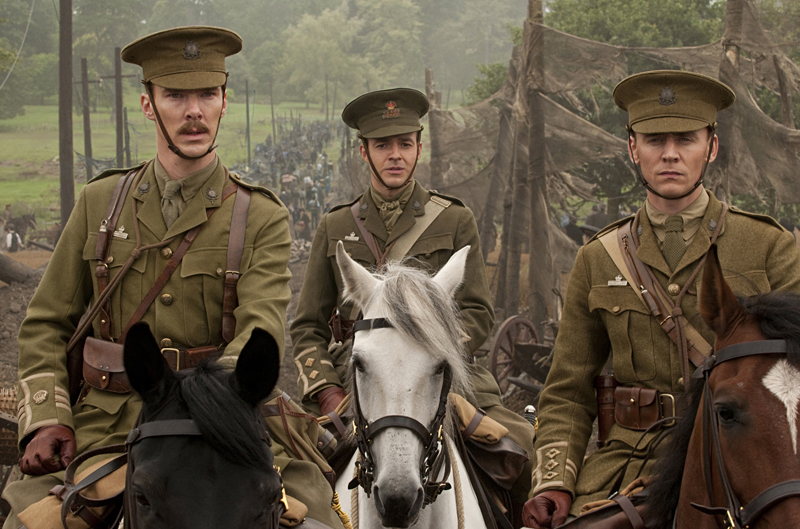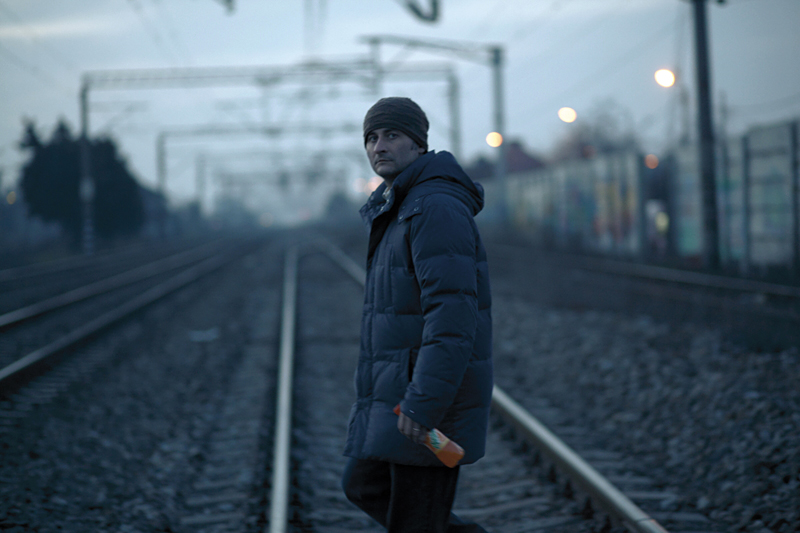Jafar Panahi is a paradoxical populist. He makes crowd-pleasing art movies and is a virtuoso director of (non) actors. But this most widely seen of Iranian filmmakers is also the most frequently banned. Panahi specializes in tumultuous activity in tight spaces: Offside opens on one packed minibus and ends on another. The first hurtles toward Tehran’s Azadi Stadium, where Iran is to play a World Cup match against Bahrain; the second, a police van, swerves through streets clogged with chanting hordes in the game’s aftermath. Iranian women are not permitted to attend sports events, and before the soccer match begins, another game is afoot. “They’re pros, they know how to get in,” one boy tells his buddy of the women dressed in drag on a passing bus. The lone girl on their bus is, however, an obvious novice. After paying an inflated price for a scalped ticket, she’s approached by a guard, instinctively flinches, and winds up in a holding pen on the stadium’s upper level, along with a half-dozen other girls who are not only more street-smart than their guards but more soccer-smart. Part sports-inspirational, part women’s prison film, Offside confounds expectations regarding genre as well as gender. The battle of the sexes is ultimately subsumed in nationalism, and the penitentiary walls cannot hold. The lengthy crowd scenes that end this dodgy, dexterous performance intimate a universal liberation.
Offside: Iranian Women Fight for Their Right to Soccer Fandom
